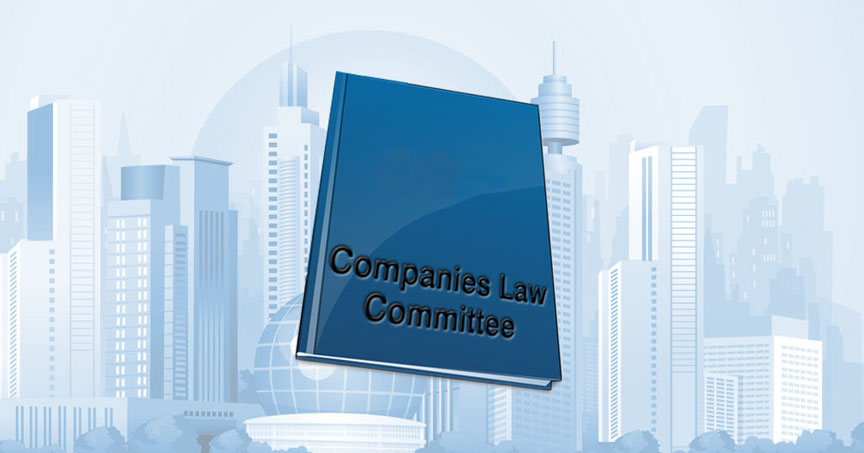The Companies Law Committee (CLC) that presented its recommendations to the Ministry of Corporate Affairs earlier this month suggested that Section 8 companies should not be exempted from the provisions of Corporate Social Responsibilities (wp) rules.
Section 8 companies are ‘not for profit’ companies registered under the Section 8 of the Companies Act 2013. These companies exist with the objective of social development and their involvement in the charitable and philanthropic activities is 100%. Their income and expenditure statements reveal their surplus/deficit instead of profit/loss. The surplus amount is reinvested in the company for further social activities and not divided amongst its members. Thus it may not be necessary for such companies to comply with the wp mandate and do wp activities apart from their normal business.
But the committee presented another viewpoint and recommended that these companies too fall under the wp Policy ambit. “The Committee, however, felt that it would not be appropriate to give differential treatment to section 8 companies in the matter of providing exemptions from compliance of wp provisions, as there are certain areas where examples could be found of section 8 and other companies co-existing, for example, companies in micro-finance business. Further, there should not be a difficulty in section 8 companies using the prescribed percentage of its surplus for wp activities. Thus, it was decided not to recommend for exemption of Section 8 companies from the wp provisions of the Act,” the CLC report read.
This recommendation comes in dissonance with the High Level Committee report that was presented in September last year. The committee had then recommended that Section 8 companies should be exempted from the provisions of wp Act.
The CLC was constituted in June, 2015 to make recommendations on issues arising from the implementation of the Companies Act, 2013, and examining the recommendations received from various committees including the High Level Committee on Corporate Social Responsibility. CLC was formed under the chairmanship of Tapan Ray, Secretary, Ministry of Corporate Affairs.
Endorsing the recommendations of the High Level Committee, the CLC suggested changes to the existing rules of overhead costs on wp. The committee proposed that the administrative overhead expenditure on wp should not include expenditure on capacity building of the implementing agencies, and should be increased from 5% to 10%.
India is the first country to have mandated wp spending on companies with net worth of Rs 500 crores or more, or turnover of Rs 1000 crores or more, or net profit of Rs 5 crores or more in a financial year. Companies falling under these categories are mandated to spend 2% of their average net profits on social activities since April 2013.
Following are some more changes that the report suggested:
- Companies not required to appoint Independent Directors to have wp Committee with two or more directors.
- The words “any financial year” to be replaced by the words ‘preceding financial year’.
- The term “average net profit” in Section 135 to be replaced with the words “net profit”, to remove any ambiguity, and prescriptive powers to be introduced for specifying the manner of calculation of ‘net profits’ of a foreign company.
Though CLC provided many suggestions, companies still seek some more clarifications further. The September report presented by the High Level Committee suggested changes in the taxation policy. According to that committee, “differential tax treatments for expenditure on various activities covered under Schedule VII may create unforeseen distortions in the allocation of wp funds across the development sectors. Board’s decision could be guided more by tax saving implications rather than compelling community social needs.” The committee suggested having uniform tax treatment for wp expenditure across all eligible areas. However, CLC did not give any suggestion in this context.


